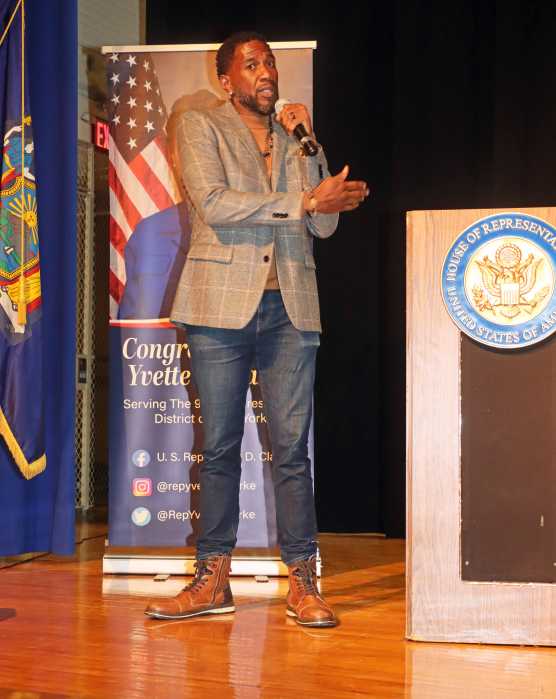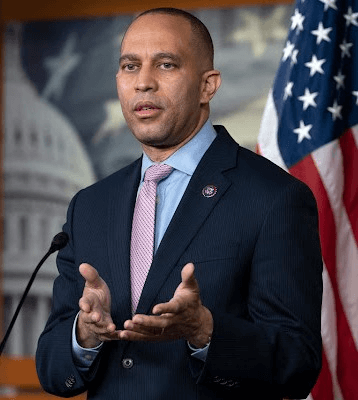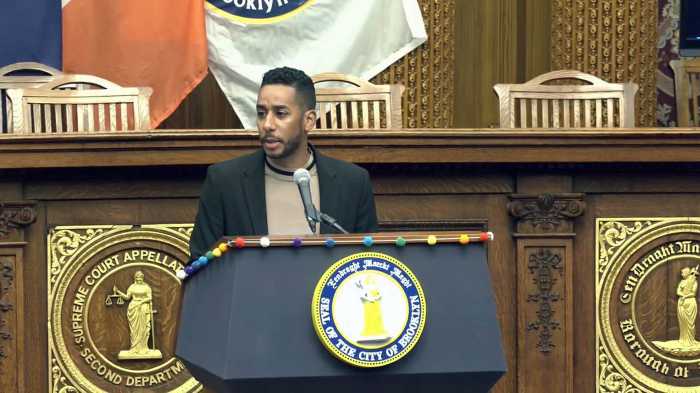Brooklyn District Attorney Eric Gonzalez on Tuesday announced the launch of a pre-arraignment diversion program to assist individuals who suffer from drug dependency and misuse.
Under Project CLEAR (Collaborative Legal Engagement Assistance Response), individuals arrested for misdemeanor possession of a controlled substance will be offered the opportunity to receive treatment and other community-based services before their initial court appearance.
If they meaningfully participate, the DA’s Office will decline prosecution of their cases before they ever appear in court and their arrest record will be sealed.
“In the face of a growing opioid epidemic, we must look for new ways to assist those who are drug dependent,” Gonzalez said. Often, prosecuting individuals who are arrested with small amounts of narcotics, used to feed their habits, does little to help them.
“By offering tools that aid in treating their addiction and could prevent a potential overdose, Project Brooklyn CLEAR can save lives and send people on the road to recovery,” he added. “I would like to thank all of our partners who worked to bring this program to Brooklyn and hope that, together, we will make strides in stemming this crisis.”
The program, announced at a press conference at MCU Park on Tuesday, was launched last month as a pilot in six Brooklyn South precincts that experience high overdose rates: the 60th Precinct (Coney Island), 61st Precinct (Sheepshead Bay), 62nd Precinct (Bensonhurst, Gravesend), 68th Precinct (Dyker Heights, Bay Ridge), 71st Precinct (Prospect -Lefferts Gardens, Crown Heights) and 72nd Precinct (Sunset Park).
Gonzalez said individuals arrested on misdemeanor charges of criminal possession of a controlled substance in the seventh degree in these precincts, and eligible for a DAT (desk appearance ticket) will have the opportunity to resolve their cases by receiving services rather than appearing in court if they comply with assessment-based recommendations.
He said that when the NYPD determines the individual is eligible, they will call the Brooklyn DA’s Office and receive a return date for the DAT – typically within seven days of arrest instead of the traditional 30.
The DA’s Office will then notify the EAC Network, which will dispatch a Peer Recovery Coach to meet the individual at the precinct. Peers are non-law enforcement personnel who are trained to assist those challenged by drug misuse.
They will encourage the individual to be assessed by EAC Network within seven days, Gonzalez said, adding that they will also provide a naloxone kit and instructions on its proper use. If necessary, the peer can provide immediate access to detoxification services.
Arrested individuals can decline to participate and opt to make the scheduled court appearance on the return date seven days later and the cases will be traditionally prosecuted, Gonzalez said.
He said if they agree to an assessment within seven day, the cases will be postponed for a 30-day period, during which the individuals will be encouraged to meaningfully engage in services that were offered based on the assessment.
Gonzalez said if the individual complies with their recommendations within 30 days, the DA’s Office will be notified and exercise its prosecutorial discretion by formally declining to prosecute the arrest.


























